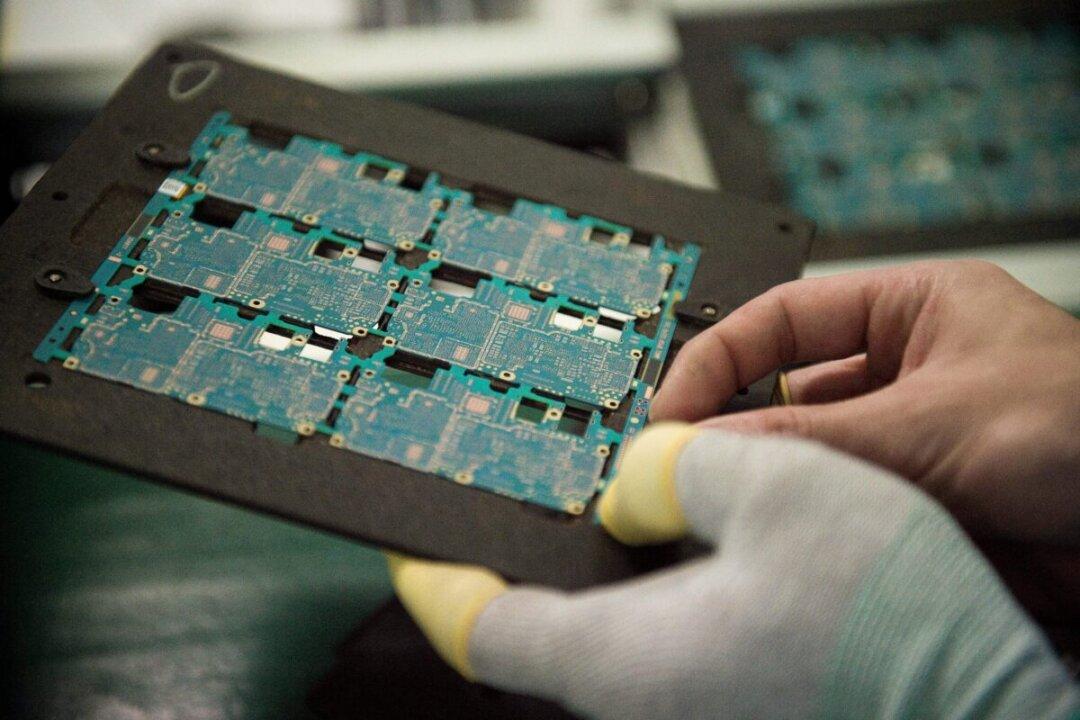Concerned over high-end chips and chip manufacturing equipment falling into the hands of Beijing through Macau, the Biden Administration has extended its strict chip export restrictions to Macau.
In October 2022, The U.S. government announced the strictest chip export restrictions on China. On Jan. 17, the Biden administration further imposed the same export restrictions on Macau, one of China’s special administrative regions.

